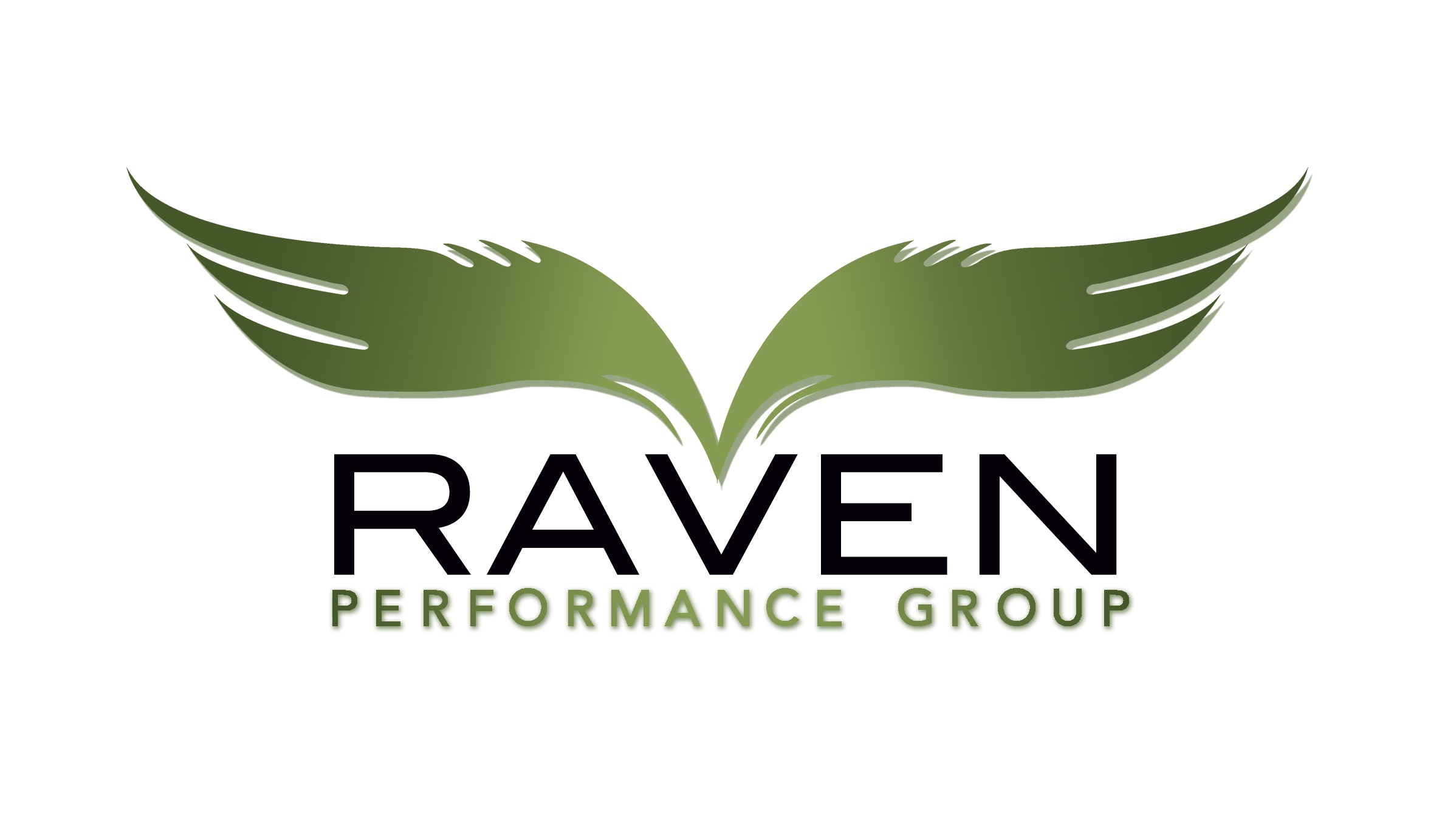What are Roundtables?
Roundtables are groups of eight to ten business owners and leaders who are looking for fresh, outside-the-box ideas to help them manage their businesses and their lives more effectively.
Who attends Roundtable meetings?
Entrepreneurs, presidents and CEO’s who enjoy “the game” of business and want to take their companies to the next level. Members are other-centered people who enjoy helping others run successful businesses.
Why do business owners and presidents join a Roundtable?
Chances are, they’ve experienced a change in their business or expect economic conditions to have a future impact on their company. They want to know how other business owners deal with similar issues.
Isolation is another reason. It’s a challenge many leaders face. They don’t have the time to network or connect regularly with other business owners yet they have the need for a confidential, trusted group of “advisors” to help them make better decisions.
How will the Roundtable benefit me?
You’ll benefit if you enjoy picking the brains of other smart people for the kind of specific ideas and positive energy that leads to new learning. You’ll make new friends, learn new techniques and have renewed confidence in your abilities.
You’ll clarify your goals and thinking. Visions change over time and so do the strategies needed to achieve them. Members use a process called MAP to develop their strategy.
The true benefit though, is the accountability built into the system. Members develop a strong bond and level of trust with each other. They hold each other’s feet to the fire ensuring progress is made and visions achieved.
Who leads the Roundtable meetings?
Monthly sessions are led by a trained facilitator skilled in running meetings & facilitating MAPs.
How often do Roundtables groups meet?
Once a month for three and a half hours.
How much time do I have to devote to the group?
Except for preparing an annual MAP, there are no assignments in the Roundtable. But to get the most benefit from the group, members prepare a summary of their most pressing issue to bring to the table each month.
How long do I have to commit?
We suggest you stay in a group for a year, however, there is no signed contract. This allows you to go through a full business cycle and discuss the issues unique to each phase.
What’s the next step?
Meet with the facilitator and get invited to attend a meeting as her guest. You can participate in one session to find out first-hand what goes on and the benefits you can derive from becoming a member.
If the group meets your expectations and you are a fit with the other members, you’ll be invited to join.
Will any of my competitors be in my Roundtable group?
No.
Why do groups include different sized businesses?
The diversity in size and business type is an important component to successful Roundtables. Different perspectives lead to greater insight and more options as members confront their challenges.
Can I pay my Roundtable dues with a credit card?
Yes, we take Visa, MasterCard & American Express
If I can’t attend a meeting, can I send someone in my place?
No; your membership is exclusive and only for you.
What Different Types of Companies Might You Find In A Executive Peer Group?
• Accounting
• Architecture
• Assisted Living Communities
• Audio Visual Equipment
• Banking
• Biotechnical Manufacturing
• Business Coaching and Consulting
• Business Management
• Business Owner Forums
• Civil Engineering
• Community Service Organizations
• Contractors and Construction
• Wireless Communication
• Embroidery Mfg. and Distribution
• Environmental Consulting
• Executive Recruiting
• Financial Planning
• Flower and Event Decorations
• Furniture Manufacturing and Retail
• GIS Data Systems and Hardware
• Hand Tool Manufacturing
• High Performance Thread Distribution
• Insurance Restoration Construction
• Interim CFO Services
• Travel & Transportation
• Market Research
• IT and Network Consulting
• Law and Investigative Services
• Marketing Consultation
• Mechanical Contractor
• Media Performance Auditing
• Mediation and Training
• Medical Research
• Money Management
• Mortgage Banking
• Organizational Development Consulting
• Payroll Processing
• Personal and Corporate Insurance
• Personnel Recruiting and Staffing
• Web and Software Development
• Public Relations and Marketing
• Publishing
• Real Estate Development
• Sales and Sales Management Consulting
• Sales and Motivational Training
• Salon and Day Spa
• School and College Logistical Consulting
• Software Development
• Special Event Site and Management
• Specialty Signs and Brackets
• Sports Medicine
• Telephone and Conferencing Systems
Benefits of Peer Groups
Members identify, clarify, crystallize, communicate, and achieve their individual vision. Typically members see benefits in multiple areas. Here are some:
- Clarifies vision
- Increases confidence
- Supplements blind spots
- Quickens problem resolution
- Improves competition
- Increases sales
- Reduces the need for paid consultants
- Increases circle of advisors
- Permits testing new directions
- Eliminates re-invention of the wheel
- Acts as an honest mirror
- Gets owners out of the forest
- Improves relationship with outside professionals
- Creates new non-obvious business opportunities
- Broadens and deepens understanding
- Reduces doubt and worry
- Improves ability to motivate
- Reduces sense of loneliness
- Facilitates delegation and transition
- Teaches new material
- Expands personal network
- Deepens willingness to trust others
- Provides candid feedback
- Reduces risk
- Provides accountability
- Provides a safe harbor
- Makes new friends
- Tells owner what he/she needs to hear

